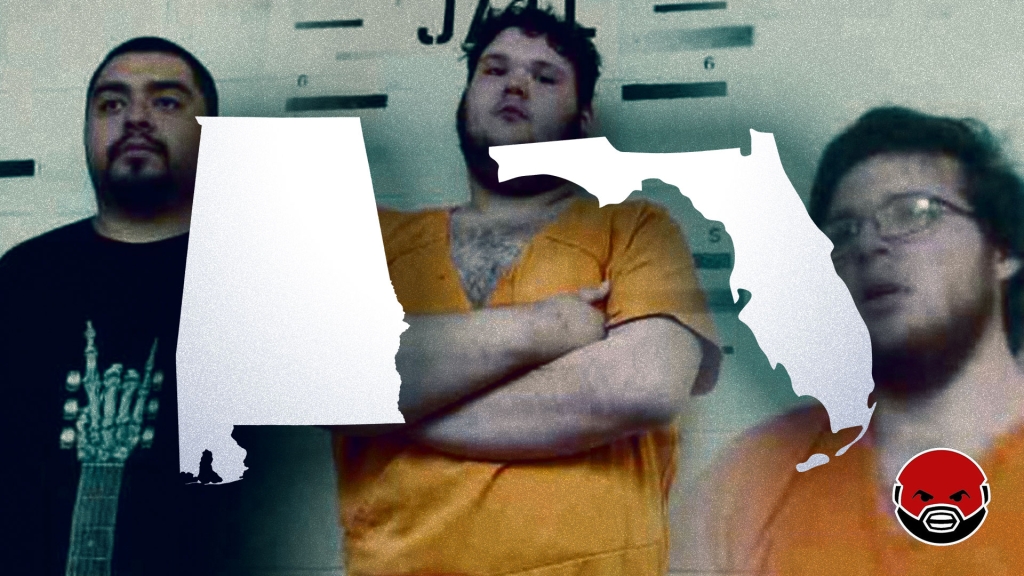
BIRMINGHAM, Ala. — A Jefferson County judge has ruled that Alabama’s capital murder sentencing scheme, which allows judges to override jury recommendations of life without parole and instead impose the death penalty, is unconstitutional.
In making her ruling after a hearing, Jefferson County Circuit Judge Tracie Todd barred the death penalty in the cases of four men charged in three murders.
“The Alabama capital sentencing scheme fails to provide special procedural safeguards to minimize the obvious influence of partisan politics or the potential for unlawful bias in the judiciary,” Todd said in her ruling. “As a result, the death penalty in Alabama is being imposed in a ‘wholly arbitrary and capricious’ manner.”
The attorney for Stanley Chatman, one of the capital murder defendants, argued that Alabama’s death sentencing law was similar to Florida’s, which was ruled unconstitutional by the U.S. Supreme Court in January.
The Supreme Court overturned Florida’s death penalty law because it violated the established rule that the Sixth Amendment requires a jury to find the aggravating factors necessary for imposing the death penalty. In Florida the jury made recommendations but the judge decided the facts. The case was decided 8-1 with only Justice Alito dissenting.
In the short term, Todd’s ruling means she will not allow the death penalty to be used in cases before her court, but her decision is in no way binding on other judges.
The death penalty has existed in the United States as a form of punishment since the nation’s founding. It has been used ever since with a brief hiatus from 1972 to 1976 as a result of the case of Furman v. Georgia. There, the implementation of the death penalty was ruled unconstitutional because of disproportionate racial application. It was banned until states could prove it was being applied fairly. The Supreme Court has never ruled the death penalty itself unconstitutional.












